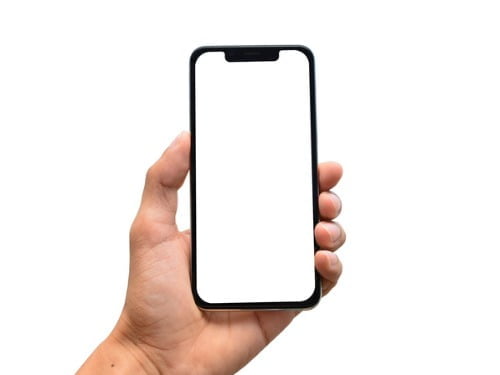There’s been little research to date into how CMT affects the lives of patients. The French company Pharnext, CMT scientific experts, and international patient advocacy organizations (PAOs) have therefore partnered to study the impact of CMT on patients’ daily lives. The result of that partnership is the CMT&Me study, which Pharnext is sponsoring over two years in six countries. The aim of the study is to collect real time data directly from patients, who describe what it is like to live with CMT. The study also aims to find out how treatment can improve patient quality of life and slow CMT progression.
The study collects data directly from patients using a digital app, CMT&Me, which collects real-world data using “bring your own device” (BYOD) technology—participants use their own smartphones to complete questionnaires or surveys at their convenience. The app immediately submits the information patients provide to a central database. A Scientific Advisory Board oversees the CMT&Me study, and includes clinicians who care for CMT patients, PAO representatives, and experts in patient-reported outcomes (PRO) and data management. All patient data remains anonymous, and researchers who access the CMT&Me study database will not be able to identify patients.










Carol Noble on December 23, 2019 at 6:06 pm
Your comment is awaiting moderation.
My Granddaughter was diagnosed with CMT last week. She is profoundly deaf and suffers from attachment disorder and other emotional issues. She was adopted from China 13 years ago at age two. We need help!
Hi Carol, Where is your daughter located?
how secure is this??? can i opt out at any time??